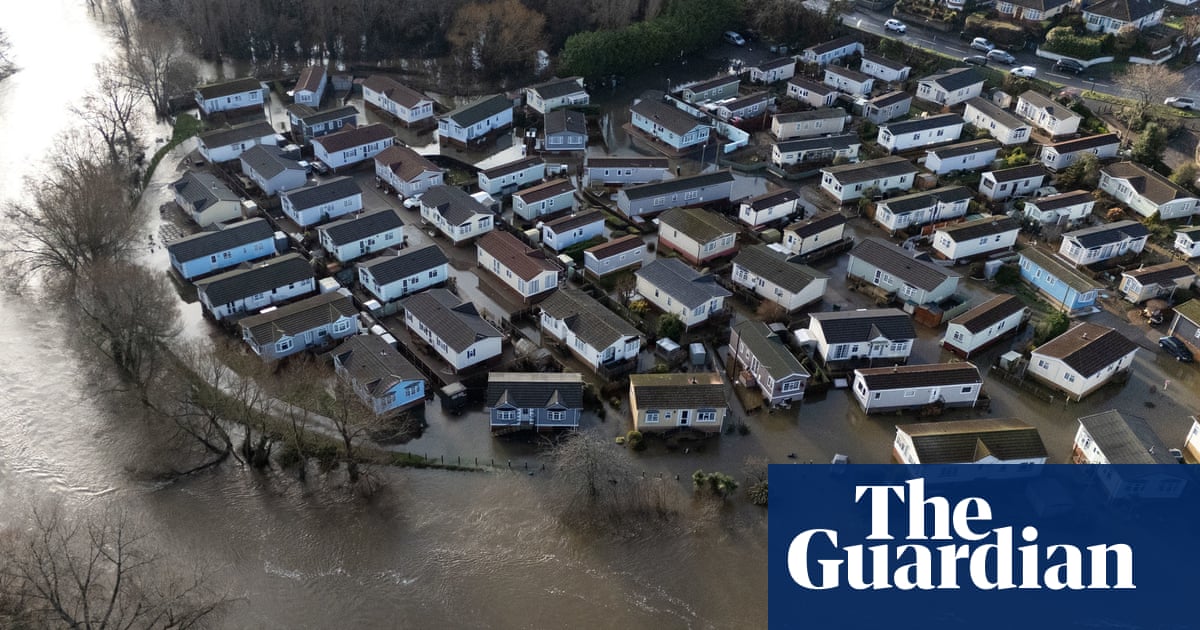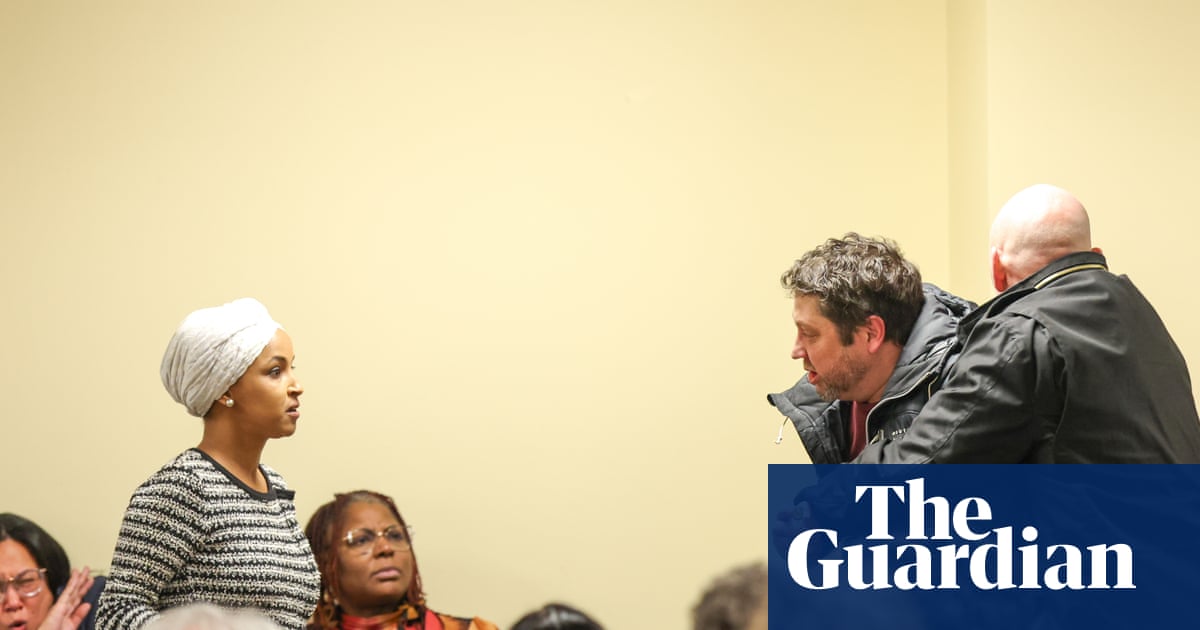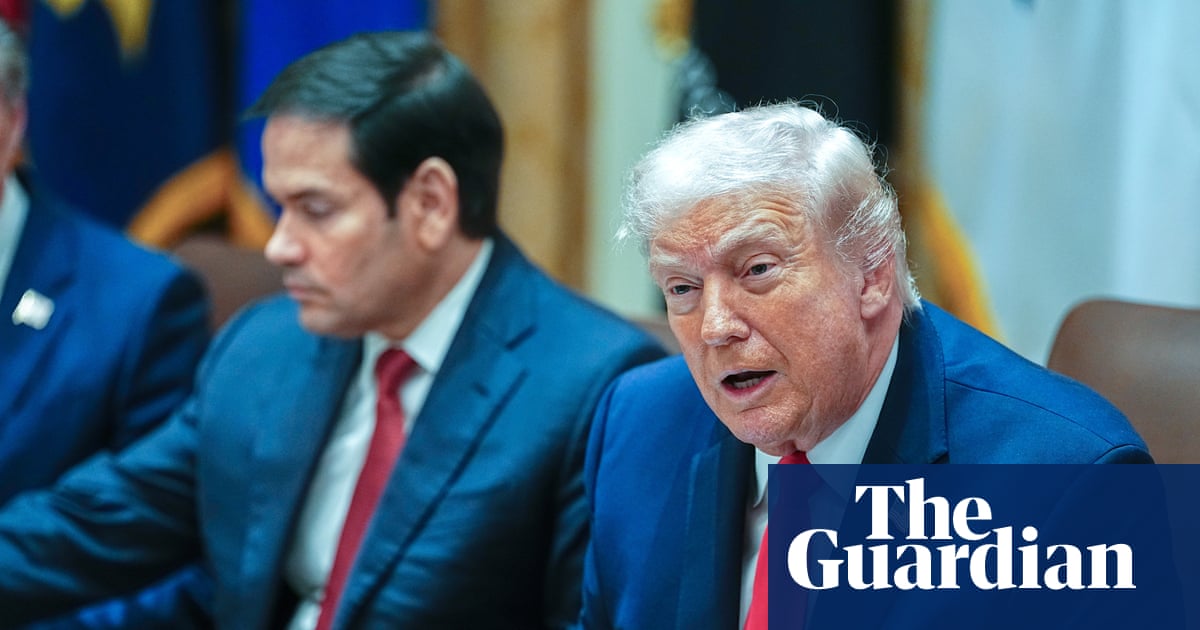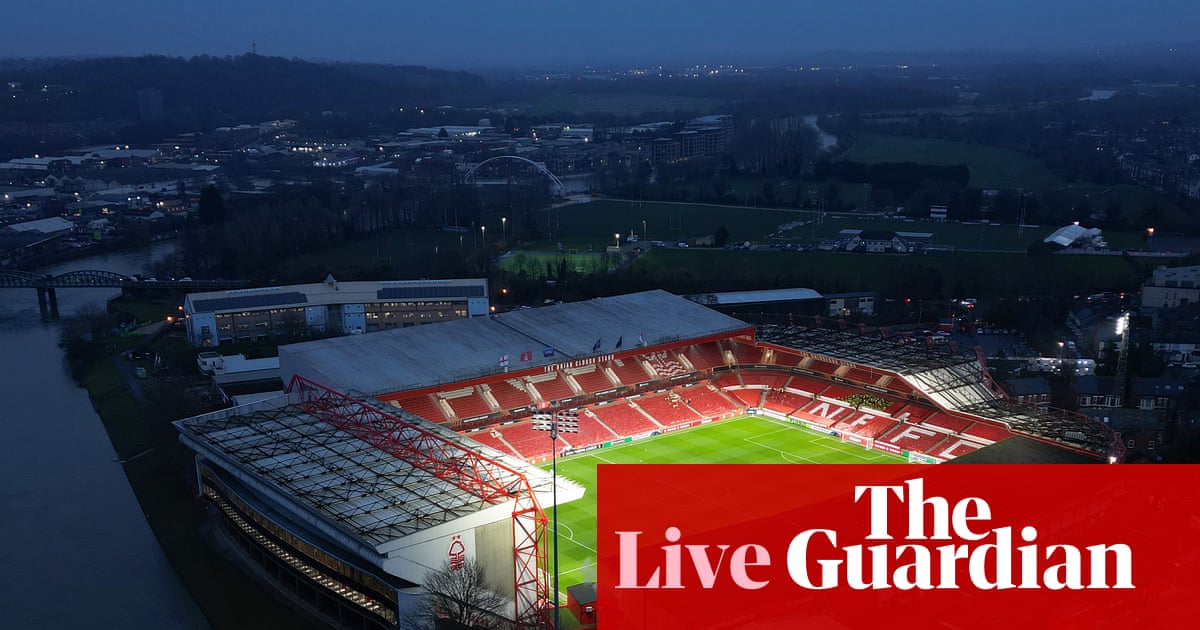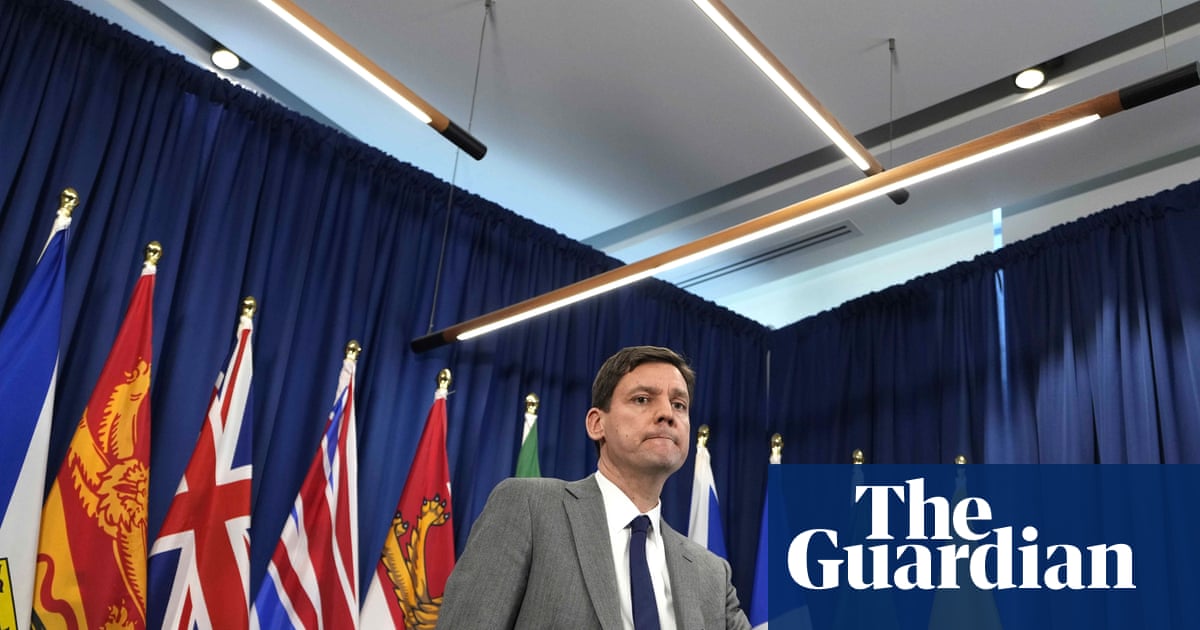The dominant political force sweeping across Europe is the “throw the bastards out” party, whoever happens to be in power. Discontent and distrust spread as global democracy declines. Only 6.6% of the world’s people live in a full democracy, according to the Economist’s global index, down from 12.5% 10 years ago. Europe is still the most democratic place, but it’s turbulent.
Britain is an insular country that needs reminding it is not alone in its political turmoil after an omnishambles week for Keir Starmer’s government. The rumbling earthquakes beneath No 10 also shake the ground under the Élysée Palace and other official residences. A number of European countries have thrown out old governments in the past three years, including Finland, Germany, Italy, Latvia, the Netherlands, Poland, Slovakia, Sweden and the UK (Starmer is Britain’s sixth prime minister in less than a decade). Most are still stuck in a state of post-2008-crash stagnation, more recently compounded by the pandemic, inflation, energy price rises, worsening housing crises and a cost of living squeeze.
Only last year, Britain was heralded as the strong and stable nation of Europe, with Labour commanding a stonking great majority. As a result, the shock is all the worse now that, 16 months later, support for the governmenthas plummeted to 18%, falling a frightening 15 points behind Reform UK. Labour has sustained “the worst-ever fall in support for a newly elected government”, says the pollster Prof John Curtice.
True, it’s a government blighted by bad luck, inheriting Treasury account books with uncosted promises from the previous chancellor and Brexit damage even worse than predicted, navigating landmines in every depleted department (none worse than in the Ministry of Justice, with prisons accidentally freeing criminals), and stricken by incoming fire from Trump. Yet Labour has been energetically making its own bad luck too.
Prolonged pre-budget mayhem has prepared the way for a blistering response to whatever emerges from the battered red box next week. Every category of citizen has been targeted, with Treasury kites flown for any imaginable tax rise, only for them to be hastily denied. I was impressed this month when Rachel Reeves stepped forward unexpectedly to roll the pitch for an increase in income tax to generate enough money “to put country before party, the national interest before political calculation”. Brave and fair, it would have given her headroom for crises and freedom to repair 14 years of public damage. It was a decision greeted with support by many Labour people.
But barely had she spoken before she made a political U-turn, claiming she didn’t need so much money after all. (She does, we all do.) Apparently commanded from Downing Street, spooked by MPs including Lucy Powell and Wes Streeting publicly objecting to breaking the manifesto, she rendered her own speech inexplicable. Her original plan to add 2p on to income tax, with workers compensated by a 2p cut in national insurance, would have ingeniously protected working incomes while raising money from those who should pay more: better-off pensioners, landlords and all on unearned incomes. (Reeves should include imposing NICS on everyone: why don’t I pay it due to my age, despite being in work, while a street cleaner does?)
The truth is that the botched briefing against Streeting last week has blown any remaining No 10 reputation for gravitas, igniting a leadership furore that had only simmered until now. Voices expecting Starmer to last four years are mute, while despairing talk is only about who will succeed him and when. After the budget, perhaps? Or after May’s potentially apocalyptic local elections? But why wait if that disaster could be mitigated? Maybe leave it closer to the general election, for a fresh face to bring a polling bounce? But this magical faith in a change of image and rhetoric ignores that even a wizard would confront the same intractables – tight finances, hostile bond markets, miserably negative voters, miserly reluctant taxpayers. Small boats and the cost of living must be curbed, but how?
I doubt a panicked leadership election now would lift Labour’s fortunes: a challenge might fail, the attempt would be messy, noisy and divisive, and it might not leave the impression of a fresh party knowing where it’s going. For now, it should make the most of power, ignore unpopularity and fearlessly do what it knows must be done.
MPs might examine their own failings as well as their leader’s. I remain puzzled by how little enthusiasm Labour has managed to spread for the quite impressive list of things it has done in a short time that should please natural supporters. Look, last week the Renters’ Rights Act ended no-fault evictions from next year, which will be life-changing for families in England in which children grow up precariously in private rented homes (in 2023-24, 34% of households in private rentals in the country included children).
The suggestions in the curriculum review published this month would breathe new life into schools, with shorter GCSE exams and a new focus on arts, sports, life skills and vocational subjects. Rail is being nationalised. Huge investments in renewables progress towards net zero with public support, defying Nigel Farage and Kemi Badenoch. New workers’ rights will end zero-hours insecurity by 2027 and allow unions into every workplace. Last week’s NHS England statistics show slowly improving waiting times, with the recruitment of 2,000 more GPs helping to increase the number of appointments. The revival of Sure Start as Best Start, nurseries for all and their expansion in schools means human capital will flourish beyond Labour’s likely term. I could go on, listing breakfast clubs, the EU relationship reset, warm home plans and quite a bit more. That is not negligible, so why the near silence?
Asked what the government has done and what it stands for, sullen voters on doorsteps tell pollsters they don’t know. Well, it’s the difficult job of politicians to light their way, instil optimism and make coherent sense of their policies. For Labour, that’s 10 times harder against the distorting wall of sound of the vast rightwing hate media, far more mendacious now than in Tony Blair’s day. Mistakes are amplified, successes silenced.
Everyone has a list of discontentment over what Labour fails to do. Electoral reform tops mine, an emergency now Reform could win with less than a third of the vote. Preventing that is Labour’s elemental duty, whatever it takes, with its great majority and years of time. Starmer’s conference speech in September took on Reform as “a fight about who we are as a country”, adding: “It goes to the soul of our future.” It’s the same defining challenge across much of Europe. So where did that fight go?
-
Polly Toynbee is a Guardian columnist

 2 months ago
43
2 months ago
43









